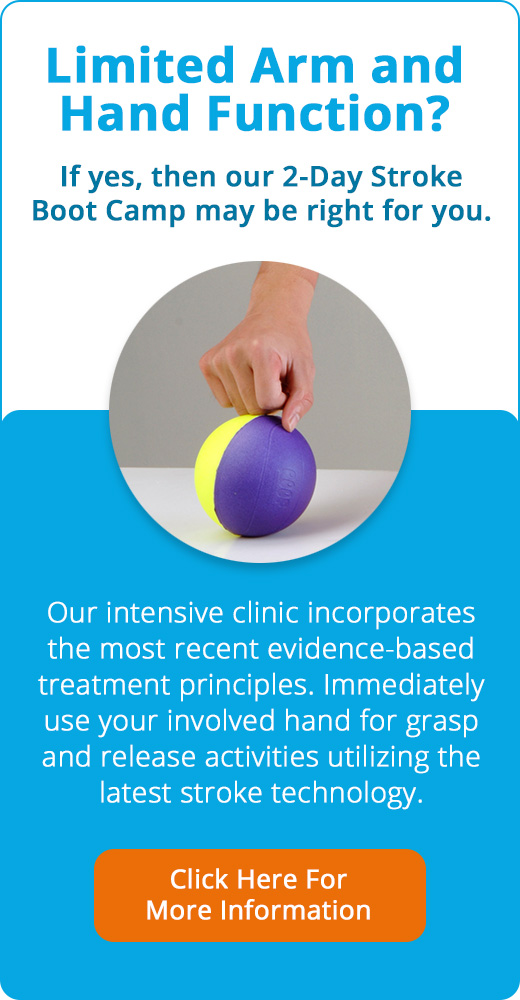Neuroplasticity Following Stroke: How the Brain Improves.
NeuroRehab Team
Friday, October 7th, 2022

The Brain is Fascinating!
The brain consists of 100 billion neurons and 200 trillion synapses. It’s nearly impossible to grasp the complexity and power of this amazing organ. During a stroke, 32,000 neurons die every SECOND, totaling around 1.2 billion for the entire event. That’s a lot, but consider the total neurons in the brain, it’s around 1%. That means 99% of the brain is still intact!
Thanks to pioneers like Dr. Merzenich who conducted landmark studies in the 1980’s that confirmed the adult brain is not hard-wired, practitioners have an opportunity to “rewire the brain”. This means they can work around the 1% that’s been impacted.
This “neuroplasticity” was considered impossible a few decades ago. So why do most traditional stroke therapies fail? They abandon a stroke survivor BEFORE this rewiring (neuroplasticity) takes place. Traditional tests which determine if therapy is making an impact do not detect the subtle movements that indicate neuroplasticity is taking place. Fortunately, Merzenich, and others, have offered the clinical community an amazing contribution.
Repetitions are Key
As therapists, we must ask ourselves “What did I do during my skilled 45 minutes session to drive neuroplasticity for my patient today?” “Did I do enough?” The average number of repetitions performed in a standard therapy session is 30. Yes, 30! We need at least 300-400 reps per session to begin rewiring the brain to provide meaningful outcomes.
Consider this: There are many studies that show the number of repetitions it takes to “master” a movement. A golf swing, throwing a baseball, ice skating, playing the piano, etc. These repetitions trigger the same rewiring of the brain and require thousands of repetitions. Each repetition leaves a footprint, a pathway for the next rep to build on and move further into neuroplasticity – the stage where the brain “remembers” the paths, or new wiring, allowing someone to get better, and keep getting better!
With all the exciting new therapy solutions available at our fingertips, now is the time to challenge ourselves to toss out conventional concepts, usually not backed by research (gasp!) and focus on new protocols, supported by science, that produce continuous and lasting results.
Learn More About the Soft-Wired Brain
If you are a stroke survivor or a caregiver, ask your therapist about Dr. Merzenich’s research and read “Soft-Wired: How the New Science of Brain Plasticity Can Change Your Life”.
Rewiring the brain takes effort and commitment, and it doesn’t happen overnight, but it does work, providing hope for stroke survivors who’ve been left behind. One rep at a time .


Leave a Reply
You must be logged in to post a comment.